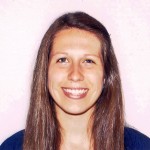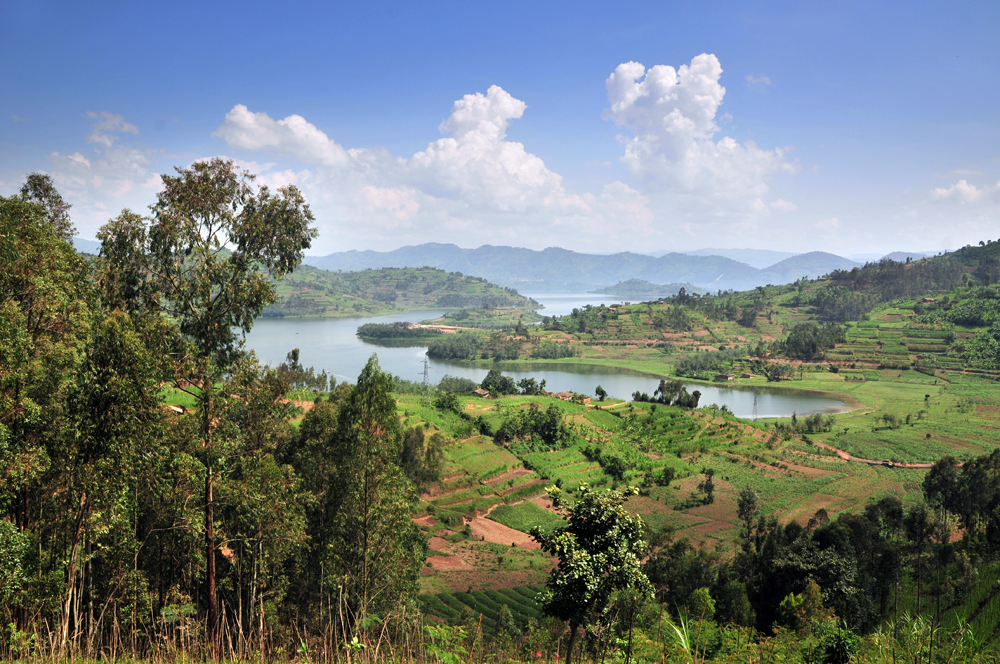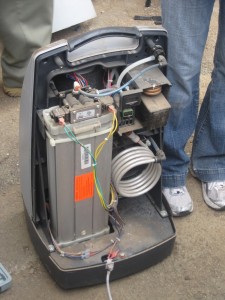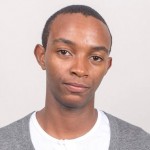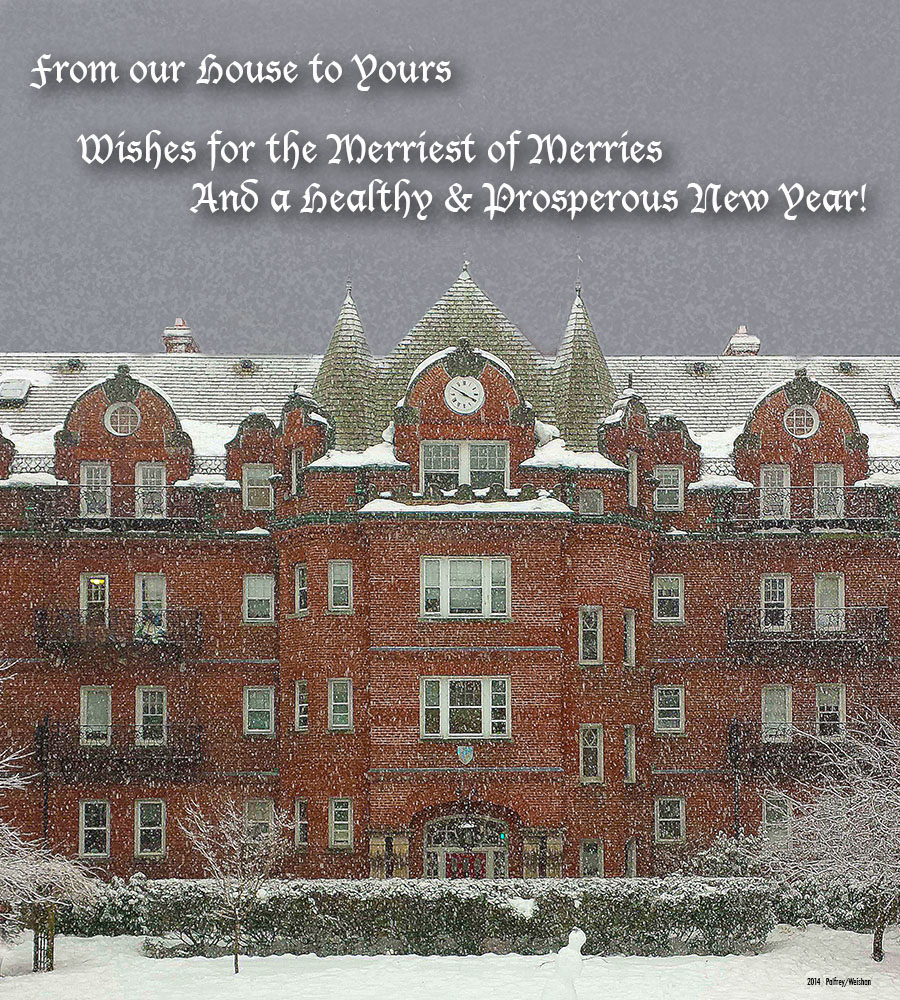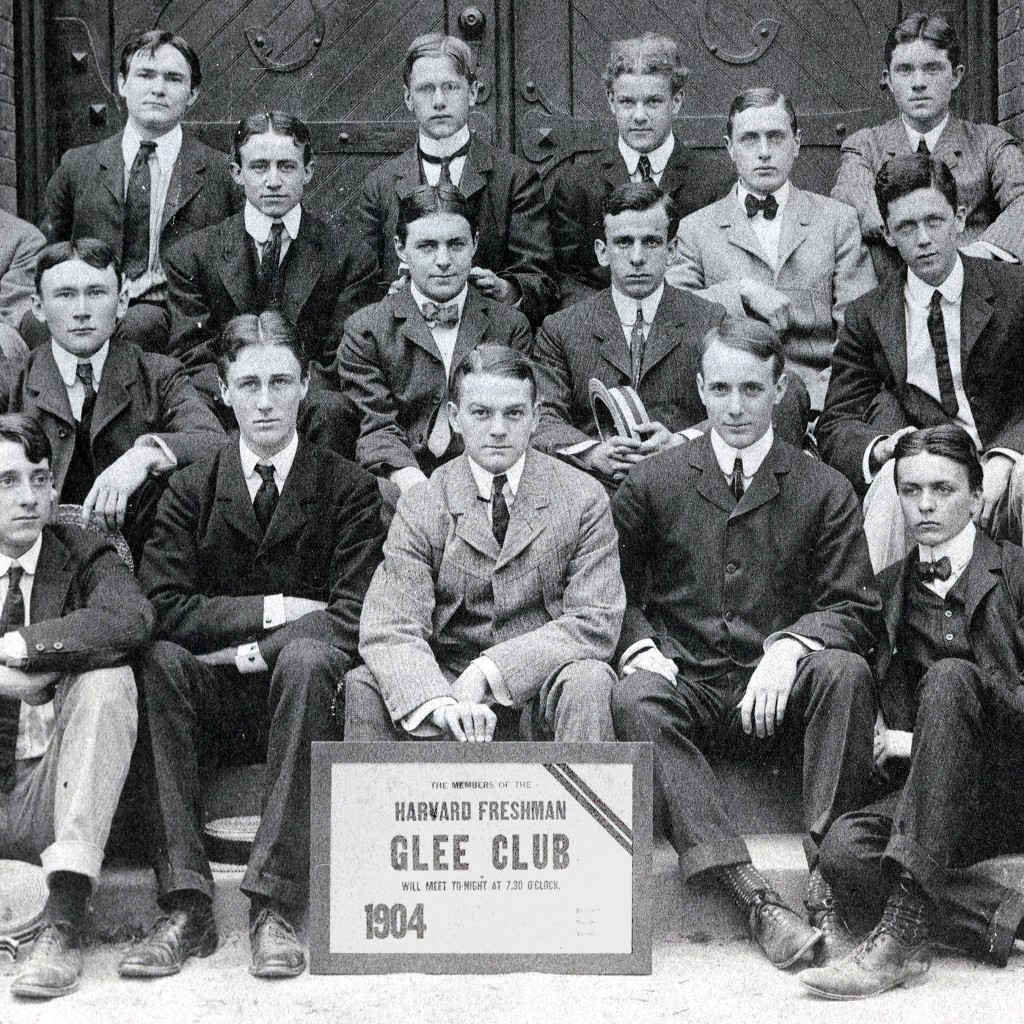Dear Foundation Friends,
I’m sorry I have not been able to reach out yet during my time in Rwanda, but my access to internet has been severely limited, especially now that I am working in a rural hospital in a small village. Luckily, I am in Kigali (the Rwandan capital) for the weekend and I found an internet café to check e-mail. I apologize that I won’t be able to send you many pictures until I get back to the United States because the internet connection is simply not strong enough to send such large e-mails.
I am having a wonderful time here. During the month of June, I was studying at the Integrated Polytechnic Regional Center (IPRC), the largest technical training school in Rwanda. In the mornings, we would have either French or Kinyarwanda lessons. French was the colonial language under Belgian rule, which is why it is spoken by many of the older people in Rwanda. Kinyarwanda is the local language spoken throughout Rwanda and has proven to be much more useful than French. After lunch, we would have lessons on medical instrumentation in the developing world, reviewing the equipment that we would likely see and learning basic repairs. This would be followed by laboratory, where we would build various devices from a simple flashlight to a variable rectifier in order to gain practice with electronics.
During this time, I was staying in a homestay right on campus. My host mom Christine was very sweet and made us feel like a part of the family. Christine is a professor of chemistry and environmental science on campus. We also lived with her daughter, two sisters, a cousin, and the domestic worker. Living in a homestay was an incredible opportunity to practice our Kinyarwanda language skills and learn about Rwandan culture. We also got to experience a typical Rwandan diet, which includes rice, potatoes, cooked plantains, beans, cassava leaves, avocado and corn. Rwanda also has amazing fruit, including pineapple, passion fruit, tree tomato, and mango.
After four weeks of intensive training, our larger group of sixteen was broken into pairs and sent to hospitals throughout the country. I am currently in Byumba, the capital of the Gicumbi district in the Northern Province. It is a small rural village, but it is absolutely beautiful. Rwanda is known as the country of 1,000 hills and nowhere is this more appropriate than Byumba.
There are lush green terraced hills for as far as the eye can see. Foreigners are a very rare occurrence here so whenever my partner and I walk down the street, we tend to be the center of attention. People are very friendly and delighted to see us wherever we go. The children especially are adorable and run up to us to hug us and hold our hands.
The hospital in which I work is the Byumba District Hospital. My partner and I work with one other biomedical engineering technician and an electrical technician. They are both very nice and helpful with introducing us around the hospital. Despite its size and the number of people it serves, the hospital is very simple and does not have much sophisticated medical equipment.
Most of the equipment that we have been working on so far have been oxygen concentrators (the hospital cannot even afford oxygen cylinders or ventilators). Department heads from throughout the hospital keep giving us ancient equipment out of closets that have been broken for years and without which they have been forced to manage. It is an exciting feeling knowing that we can help to bring this equipment back into service. One of the most astonishing aspects of my work so far has been how difficult it is to acquire even simple consumables needed for repair, like replacement bulbs or batteries.
I have also taken advantage of my free time on the weekends to travel throughout Rwanda. I have visited the Kigali Genocide Memorial, Nyamata Memorial Church where 10,000 people were killed during the genocide, a unity and reconciliation village where genocide perpetrators and victims live side by side, Nyungwe rain forest in the Eastern Province, the holy pilgrimage site of Kibeho where there were apparitions of the Virgin Mary in the years before the genocide, and Gisenyi, a beautiful town on the shores of Lake Kivu. I even had the opportunity to attend a speech by the president of Rwanda!
I cannot believe how fast the time has flown. I am saddened to think that I only have three more weeks in this beautiful country. I hope that I can make the most of my time here and have a lasting impact on this hospital. I am so grateful to you and the entire FDR foundation for making this possible. I have made amazing memories that I will back on fondly for the rest of my life. I cannot thank you all enough!
Editor’s Note These experiences are made possible entirely through your generosity. Please give generously

